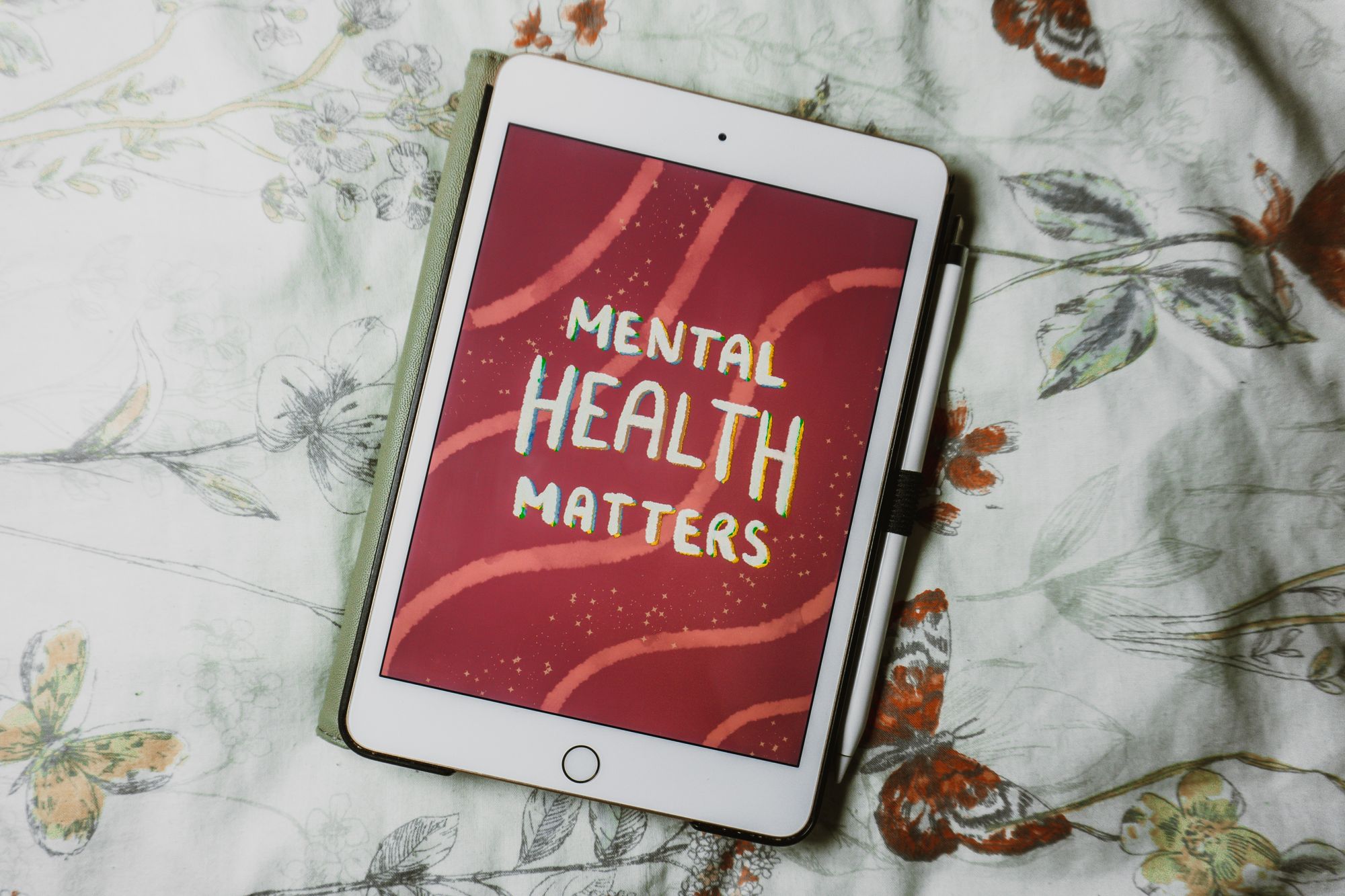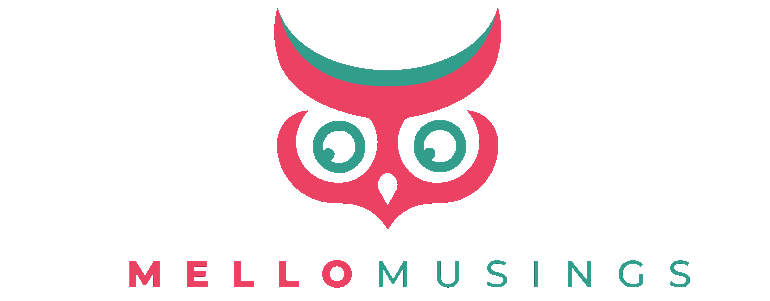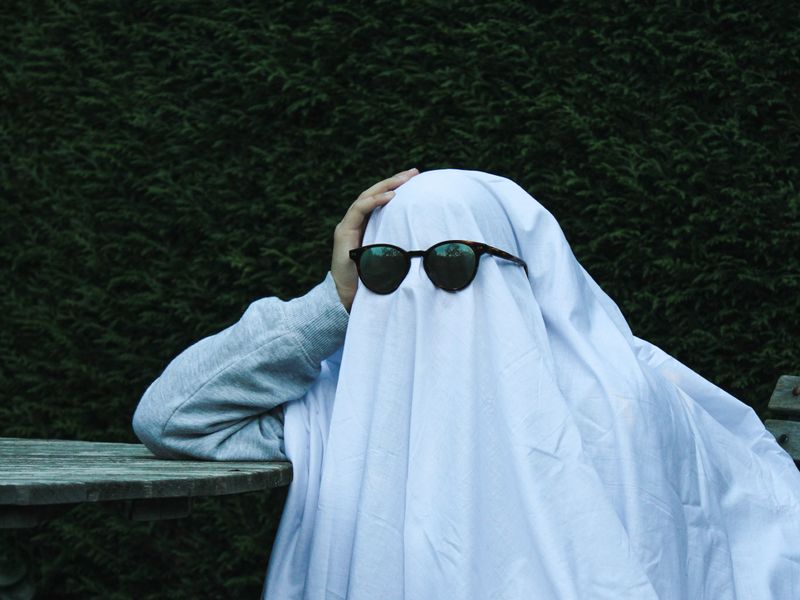Welcome to the digital age, where lurking on social media profiles has become our guilty pleasure.
You're not alone if you've ever found yourself down the rabbit hole of an ex's Instagram at 2 AM. Today, we're dissecting this stalking urge – how social media turned us all into amateur detectives.
The Neuroscience of Social Media Stalking
Let's start with a bit of brain talk. When you're stalking someone on social media, your brain is on a dopamine high, similar to what gamblers experience. According to a study in the 'Journal of Neuroscience', social media interactions trigger the reward centers in our brain. It’s like a slot machine; every new photo or status update is a potential jackpot of information.
Psychologically, social media stalking scratches a primal itch.
It’s a cocktail of curiosity, voyeurism, and the innate human urge to compare. You’re not just scrolling; you’re on an undercover mission to gather intel. Ever caught yourself deep in the profile of your ex’s new partner? That’s your brain trying to make sense of your past through the lens of the present, a phenomenon supported by research in social psychology.
The Dread of Comparison
Our predilection for comparison turns social media into a modern gladiator arena.
We pit our behind-the-scenes against everyone else's highlight reels.
According to a study published in the 'Journal of Social and Clinical Psychology', such comparison on social networks can lead to depressive symptoms because let's face it, seeing your high school nemesis flaunt their seemingly perfect life can be as sour as biting into a lemon. It's like running a never-ending race where everyone seems miles ahead. Studies in 'Social Science Computer Review' have linked social media use to increased feelings of social comparison and envy.

The urge to stalk exes or almost-relationships is particularly intriguing. It's part emotional masochism, part closure-seeking. Scrolling through an ex's profile can feel like picking at a healing wound – painful yet irresistible. It's our brain’s way of trying to make sense of the loss, to find answers in the digital breadcrumbs left behind.
The Curiosity & Validation Trap
Curiosity didn't just kill the cat; it got us all hooked to screens, scrolling endlessly. It's human nature to be curious, and social media exploits this. You start with checking a friend's profile and end up on their cousin's dog's Instagram. It’s a curiosity loop, fueled by endless feeds and stories.
Then there's the quest for validation.
We stalk to see if our lives measure up. We compare our behind-the-scenes with everyone else’s highlight reels. It's like constantly trying to solve a puzzle where the pieces don't quite fit. This comparison game can be exhausting, leading to a distorted sense of self-worth.
...so, how do we break free?
Digital detoxes can be effective. It's about setting time aside to disconnect from social media and reconnect with yourself and those around you. It's not about quitting social media but about using it mindfully, ensuring it adds value to your life, not stress.

Mindfulness can be a powerful tool in combating the urge to stalk. It's about being present in the moment, appreciating your life as it is, not how it compares to someone else's. Mindful social media use means engaging with content that uplifts and inspires you, not content that triggers envy or sadness.
In a world of curated feeds, authenticity is refreshing.
It's okay to share the ups and downs, the real, unfiltered moments. It's about creating a social media space that's a true reflection of your life, not just the picture-perfect parts.
In the end, it's about redefining our relationship with social media. It's a tool, not a lifestyle. Let's use it to enhance our lives, not dictate them. Let’s be more than just digital stalkers; let's be creators of authentic, meaningful connections. So, here's to recognizing our stalking urges, understanding their impact, and taking steps to ensure our social media experience is healthy, balanced, and genuinely enriching. Remember, in the end, the most important connection is the one you have with yourself and the real world around you.






